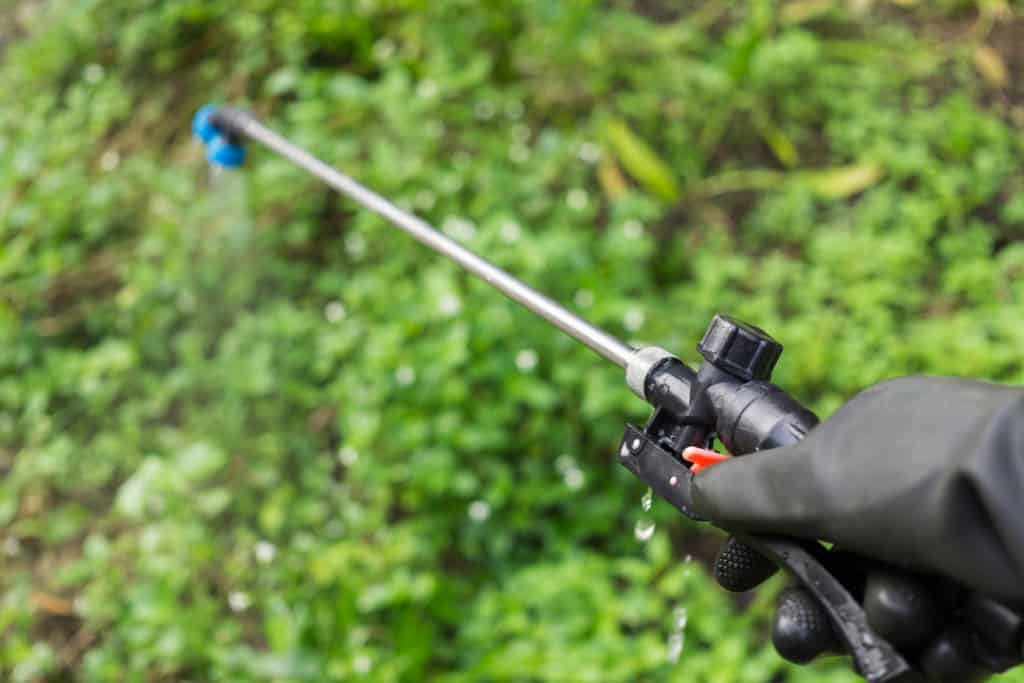Bill Bader owns Bader Farms, in southern Missouri. The farm said that repeated dicamba exposure beginning in 2015 weakened and killed many trees; the herbicide was used on surrounding soybean and cotton farms.
The jury, in U.S. District Court in Cape Girardeau, Missouri, gave Bader $15 million in actual and $250 million in punitive damages. The three-week trial was the first case in the U.S. to rule on the use of dicamba-based herbicides, which can become a vapor and drift for miles when used in certain weather, farmers have claimed.
Reuters quotes both Bayer and BASF as being “disappointed” by the decision, and as planning to appeal: “We believe the evidence presented at trial demonstrated that Monsanto’s products were not responsible for the losses,” Bayer said. Bayer and BASF face other dicamba lawsuits that could begin late this year before the same judge in Missouri.
Related: Dicamba Approved for Two More Years [2018] The Glyphosate Cases Grind Forward as Health and Fertility Rates Plunge Couple Awarded $2 Billion in Lawsuit Against Bayer/Monsanto
Attorney Billy Randles, who represented Bader and represents dozens of others with similar claims, said that the allegations are all the same: “They claim negligent design, failure to warn, and all allege a joint venture” between Bayer and BASF.TheSt. Louis Post-Dispatch reports that the verdict has built a road map to victory for dozens of other suits along the same lines. ThePost-Dispatchquoted Don Downing, a St. Louis-based lawyer for Gray, Ritter & Graham, who is representing plaintiffs in other dicamba suits, as saying: “I believe that this verdict is going to prompt many farmers to go ahead and file.” The paper noted that many farmers haven’t filed thus far because they “didn’t want to strain relationships with neighbors,” but the Bader trial focused the attack on corporate defendants, rather than individual farmers or herbicide applicators.
Chris Hohn, a lawyer for Bayer, told thePost-Dispatch: “This case is unique, and we don’t think it has any impact on the others. We have great empathy for Mr. Bader and Bader Farms. But what’s happening is not related to Monsanto or Monsanto’s products.”
ThePost-Dispatchnoted that the jury moved fast, deliberating for about four hours on Friday to find the companies at fault, and then taking 30 minutes on Saturday to decide on the $250 million penalty, $50 million higher than the $200 million recommended by Bader’s legal team.
Dicamba is the source of a remarkable number of complaints, as discussed inan article by NPR:For three years, the Office of the Indiana State Chemist has been receiving calls that their soybean and tomato plants looked sick, with curled-up leaves. The lab staff was overwhelmed; Ping Wan, Lab Supervisor, told NPR: "The first issue was we quickly reached our maximum storage capacity." They had to buy more freezers in which to store samples. "There's not an inch of wall space left," she said.
Tests showed that the samples all contained dicamba.
NPR reports that the majority of soybeans planted in the U.S. this past year were dicamba-tolerant, as sold by Monsanto, but not all of them: Lewis Flohr, in Frankfort, IN, told NPR: "I had about an 80-acre field that was whacked pretty hard by dicamba." His harvest on those acres was cut by a third, NPR reports.










